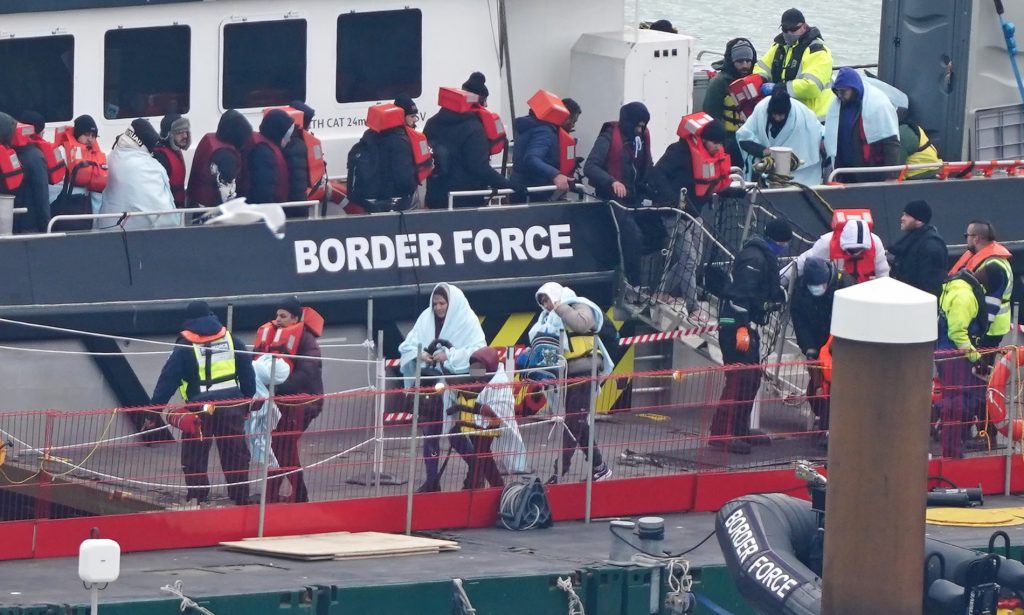The debate on how to stop migrant boat crossings in the English Channel is heating up again, with critics asking whether it is time to bring back the Royal Navy. Many believe that current measures, including the fast-track asylum appeals process announced by Prime Minister Keir Starmer, are not strong enough to deter people smugglers or end the crisis.
Sir Keir, who built his career as a director of public prosecutions, has focused on overhauling legal processes. His plan to speed up asylum cases has been welcomed by some but criticised as too limited to deal with the growing problem. Opponents argue that while it may reduce waiting times, it will not stop the boats, smash criminal gangs, or reduce the pressure on migrant hotels, which continue to spark protests across the country.
Former Reform UK leader Nigel Farage has called for tougher action, including mass deportations. Although many disagree with his harsh stance, they agree that bolder steps are needed. At the same time, Shadow Home Secretary Chris Philp has criticised the government’s failure to stop Channel crossings, describing the situation as a “conveyor belt” where migrants are picked up by French vessels and then handed to the UK’s Border Force.
This has raised questions about whether Border Force is fit for purpose. Senior officials earn large salaries and bonuses despite rising migrant numbers. Philip Douglas, director general of Border Force, reportedly earns up to £145,000 plus bonuses, while Border Security Commander Martin Hewitt is paid £200,000, more than the Prime Minister. Critics say such pay is hard to justify given the force’s poor record.
Is the Royal Navy the answer to the crisis? The idea is not new. In 2022, Operation Isotrope gave the Navy control of Channel operations, but the plan collapsed after disputes between the Home Office and the Ministry of Defence. French officials also strongly opposed the move, calling it a “maritime war.” However, some argue that even if the Navy is not used for interceptions, its presence could act as a powerful deterrent, and its surveillance abilities could help the Border Force.
Labour peer Lord Glasman recently urged the government to use the Navy and drones to stop crossings, while Defence Minister Luke Pollard pushed back, saying the Navy’s role is national defence, not migration control. Still, many ask whether a new approach is needed, especially as crossings rise sharply despite cooperation between the UK and France.
Why is the Royal Navy being considered again? The answer lies in public frustration and safety concerns. Small boats are dangerous, often overcrowded, and many migrants die attempting the crossing. With nearly 37,000 arrivals in 2024, critics say the government’s current plans are failing. Supporters of naval involvement argue that more visible and powerful measures are required to disrupt smuggling networks and save lives.
Sir Keir has put his trust in his deal with French President Emmanuel Macron and his “one in, one out” asylum plan. But with poll numbers falling and critics demanding results, pressure is mounting on the Prime Minister to act. As calls grow louder, the question remains: will the UK once again turn to gunboat diplomacy in the Channel to stop the boats.

